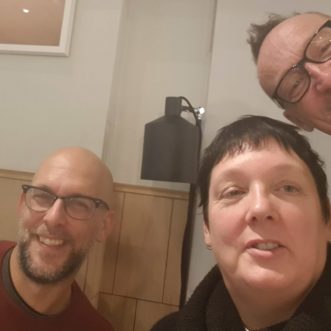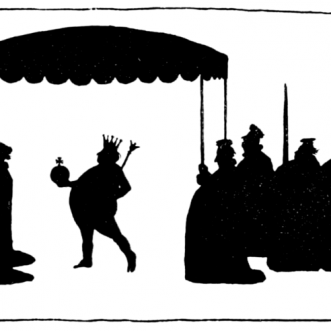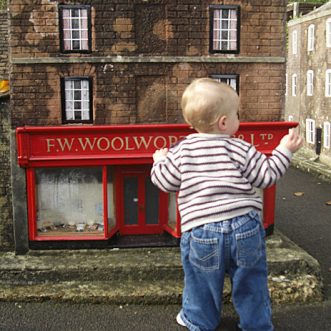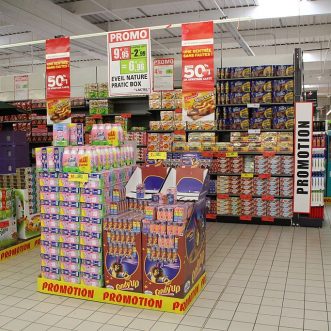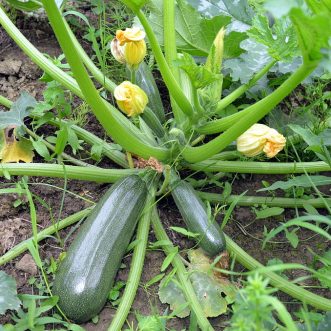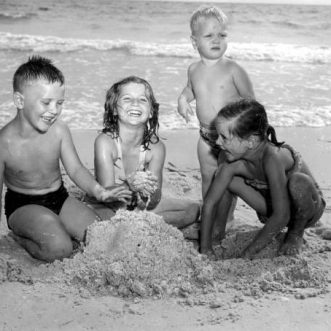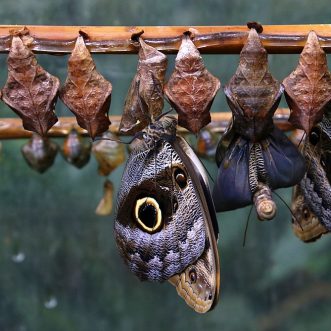
Transformation
Reflection is an excellent start for clarifying who your ‘ideal clients’ are. By getting under your own skin to discover your values and preferred behaviours, you’ll uncover some of the values and preferred behaviours of the clients you like to work with, and who like to work with you.
This enables you to take the next step – putting yourself in your client’s shoes and seeing what you do from their perspective.
This will move your thinking from ‘features’ (“we produce accurate accounting information”), to ‘benefits’ (“we make sure you have the information you need to run your business well”).
If you already have clients who love you, you can even ask them why they do, and this will uncover benefits you didn’t even know you delivered (“you listen to me”,”you really get to know me and my business”, “you find me suppliers I can trust”).
The next step is to get to the core of the relationship you create with your clients over time, and for that there is one key question:
Who do you help them to become?
Because all business is about transformation – even accountancy.

